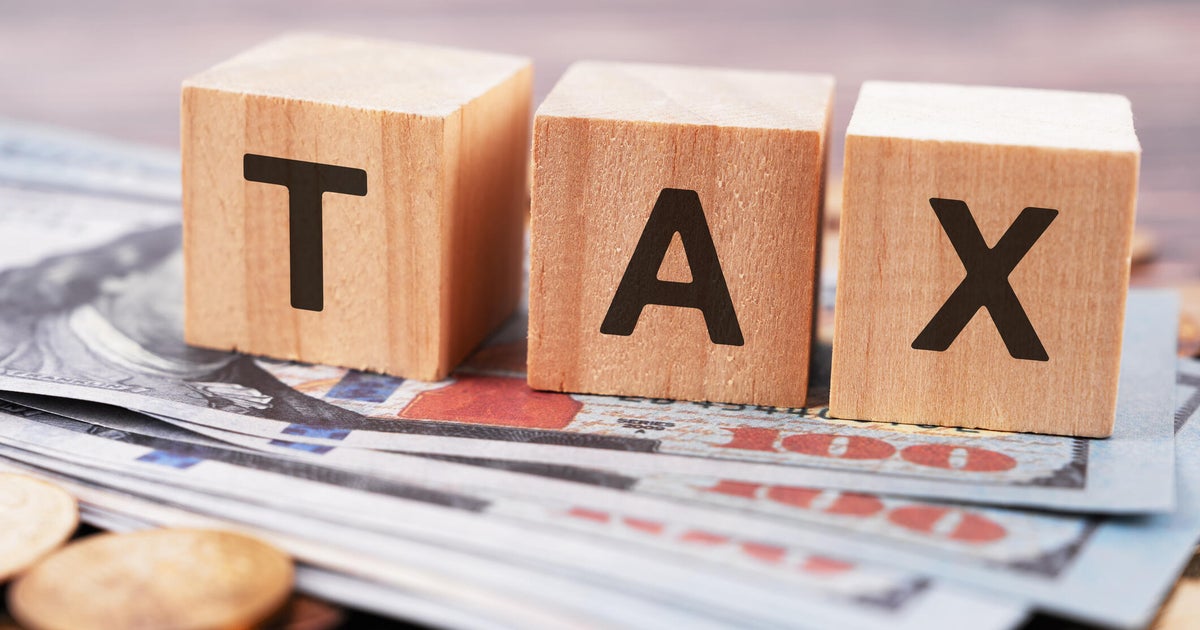IRS says California, most state tax rebates aren't considered taxable income
Taxpayers in more than 20 states who received tax rebates last year got some guidance from the IRS after the agency had asked them to hold off on filing their tax returns. At issue was whether the IRS would consider those payments to be taxable income.
The IRS on Friday said that taxpayers in "many states" won't need to report the payments on their 2022 tax returns, which are due by April 18 this year.
California and more than 20 other states authorized tax rebates last year as their coffers were buoyed by strong economic growth and federal pandemic aid, with the goal of helping their residents offset inflation and the costs of the pandemic. But on February 3, the IRS asked people who had received a rebate to wait before filing their taxes, citing the question of whether the checks needed to be reported as income.
On Friday, the IRS said that, for the most part, taxpayers won't have to report the rebates on their tax returns.
"During a review, the IRS determined it will not challenge the taxability of payments related to general welfare and disaster relief," it noted.
The states where residents who received rebates and won't need to report them as income are:
- Alaska (but only for the supplemental Energy Relief Payment received; the annual Permanent Fund Dividend is usually taxable on the federal level.)
- California
- Colorado
- Connecticut
- Delaware
- Florida
- Hawaii
- Idaho
- Illinois
- Indiana
- Maine
- New Jersey
- New Mexico
- New York
- Oregon
- Pennsylvania
- Rhode Island
The IRS added that many people in the following states won't have to report their rebate checks as income if they meet some requirements. For instance, this is the case if the rebate is a refund of state taxes paid and the taxpayer claimed the standard deduction or itemized deductions but did not receive a tax benefit, the IRS said. These states include:
- Georgia
- Massachusetts
- South Carolina
- Virginia





